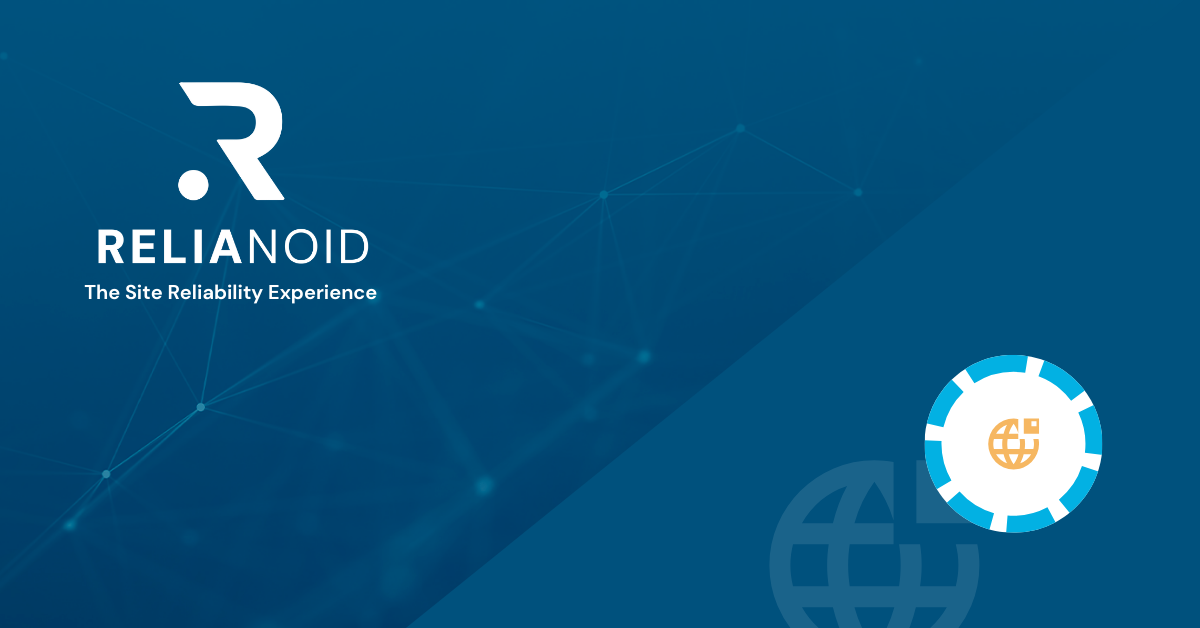The global internet user base continues its upward trajectory, reaching 5.16 billion users in 2023, marking nearly a 2% increase from the previous year. This growth, fueled by the momentum gained during the pandemic and the continuous evolution of social networks, underscores the entrenched habits of internet consumption worldwide. These insights are gleaned from the Digital Report 2023, an annual study conducted by We Are Social, offering essential perspectives on the digital landscape, including ecommerce, apps, and social media.
In the 2023 edition, the report reveals that the number of global internet users has now reached 64.4% of the world’s population, totaling 5.16 billion individuals. Although the growth rate of 2% is slightly lower than in previous years, it still represents a notable addition of 98 million users compared to 2022. Additionally, the report delves into mobile internet users, capturing 68% of the population in January 2023, accounting for 5.44 billion people. This reflects a 3.2% year-over-year increase, equivalent to 168 million new users over the past 12 months.
Examining regional penetration, the United Arab Emirates (99%) and Ireland (99%) maintain their lead, sharing the top spot with Norway and Saudi Arabia. Switzerland (98.54%) and Denmark (98.1%) closely follow suit. The report highlights that the regions with the highest internet penetration are Northern Europe (97.4%) and Western Europe (93.5%), trailed by North America (92%). In contrast, Central Africa (27.9%) and East Africa (23.1%) exhibit the lowest internet penetration rates.
This remarkable evolution becomes even more apparent when considering the internet’s journey over the last four decades. In the year 2000, global internet users numbered a mere 396 million, doubling to 761 million in 2003. The growth was exponential until 2021, after which the curve has notably flattened.
Insights into Internet Usage Patterns: A Changing Landscape
Over the years, internet usage patterns have undergone significant transformations. In 2013, users spent an average of 6 hours and 9 minutes online, a figure that gradually increased. The turning point occurred in 2020, with a 4% surge due to global lockdowns, remote work, and the necessity for online communication, reaching 6 hours and 54 minutes. By January 2022, the average browsing time had increased by 1%, totaling 6 hours and 58 minutes. However, in the past year, there has been a 4.8% reduction as post-pandemic life returned to more in-person activities.
Information Retrieval Dominates Internet Use
The study provides a detailed breakdown of the primary reasons for global internet usage. Unsurprisingly, finding information leads with 57.8%, followed by staying in touch with friends and family (53.7%), and staying updated on events and news (50.9%).
Other notable reasons for internet use in 2022 include watching videos, shows, and movies (49.7%), researching how to do things (47.6%), and finding inspiration or new ideas (44.3%).
RELIANOID’s Role in Ensuring High Availability and Security
Amidst this dynamic landscape, ensuring the high availability and security of internet services is paramount. Leading actors in the field, such as RELIANOID, play a crucial role in providing advanced ADC Load Balancer solutions that contribute to the seamless operation and robust security of online platforms. As internet usage continues to evolve, solutions like RELIANOID become integral partners in sustaining the reliability and resilience of digital infrastructure worldwide.




